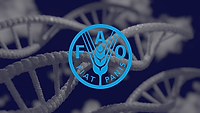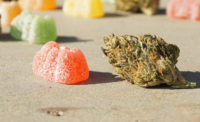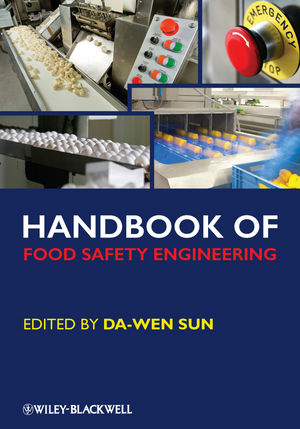"Organic" Not a Guarantee of Food Safety, According to FAO

Just because something is labeled "organic," it does not mean it's safe to eat, according to the Food and Agriculture Organization of the United Nations (FAO).
"Organic" is a way to grow food, following specific rules and conditions, says the FAO Regional Office for Asia and the Pacific. If something is organic certified, it means that it's a product made in line with certain standards throughout its production, handling, processing, and marketing stages. It does not refer to the characteristics of the finished product.
Standards and regulations can differ between and among countries' supply chains for regulating chemical use and other requirements for soil and water quality maintenance.
FAO says the goal of organic food is better incomes for small-scale farmers and increased food security; environmental benefits like enhanced soil, water quality, and biodiversity preservation; and improved animal welfare.
Looking for a reprint of this article?
From high-res PDFs to custom plaques, order your copy today!








